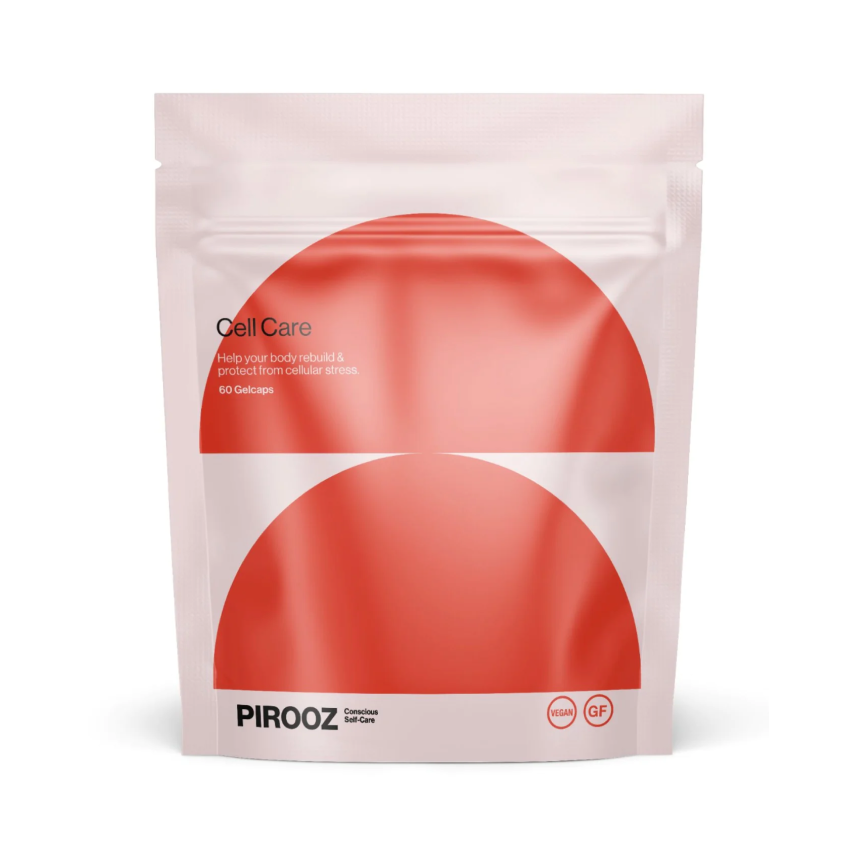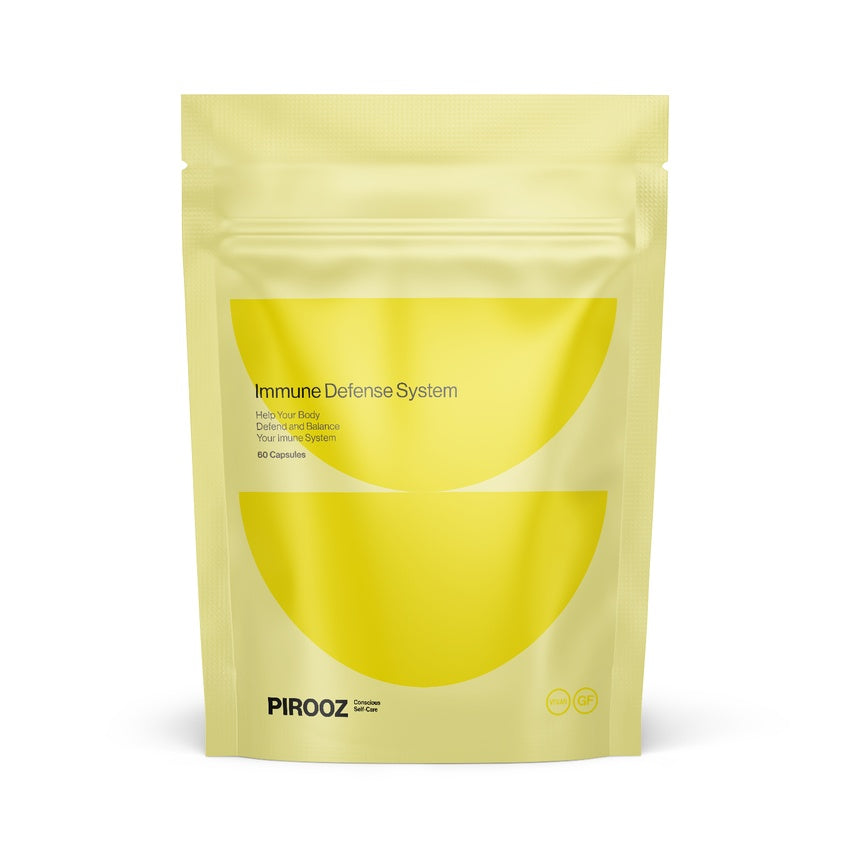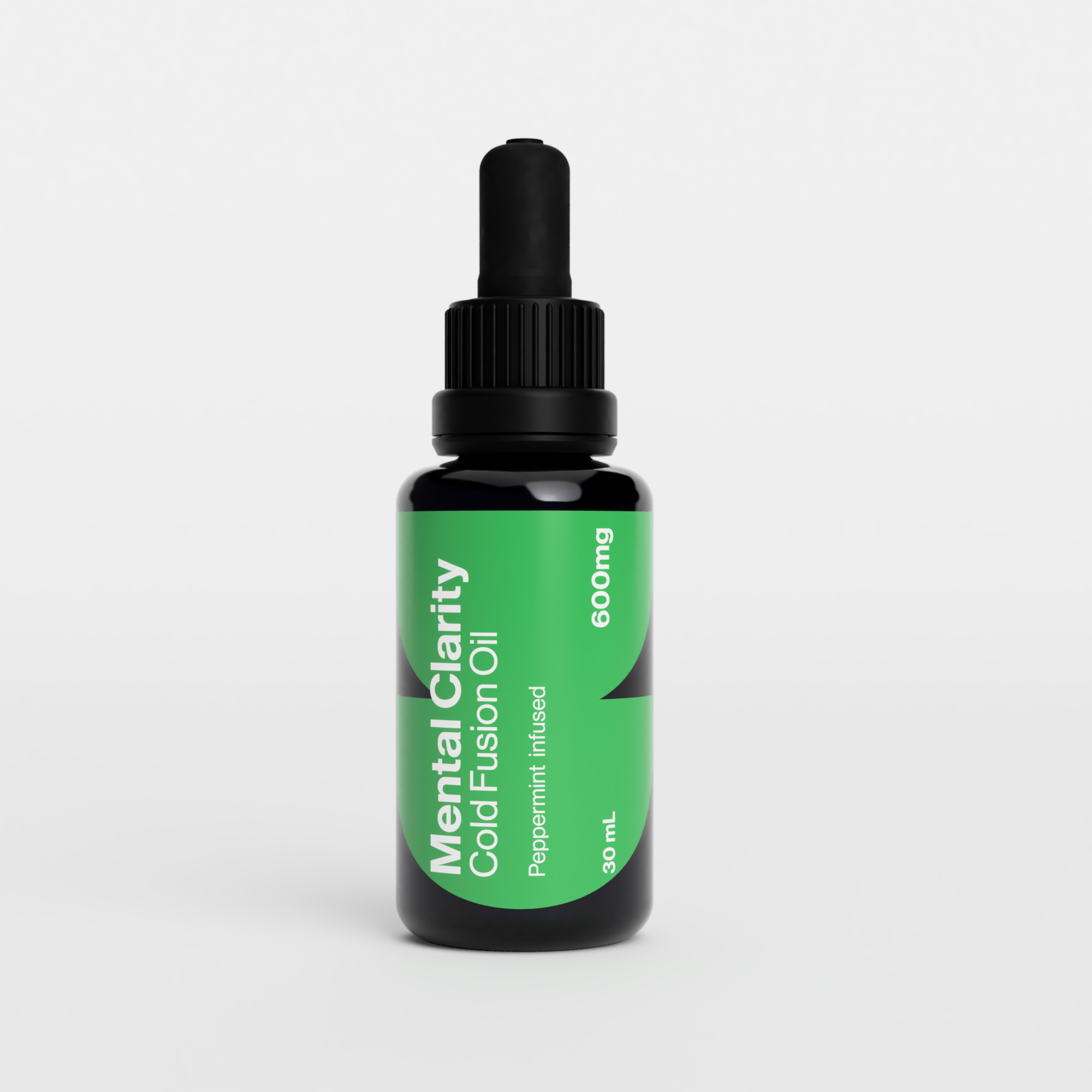The Gut-Brain Axis: A Two-Way Communication Highway
The gut and brain are not just connected, but intricately intertwined through a complex network of biochemical and neurological pathways called the gut-brain axis. This is not a one-way street, but a two-way communication system. It involves various mechanisms, including the vagus nerve, which serves as a direct neural link between the gut and the brain, and the production and circulation of signalling molecules, such as neurotransmitters, hormones, and immune mediators (Carabotti, M., 2015). Through this intricate network, the gut microbiome can influence brain function and behaviour, while the brain, in turn, can modulate the composition and activity of the gut microbiota. This intricate interplay empowers us to take control of our health and well-being.The Microbiome and Mental Health
Emerging research has shed light on the profound impact of the gut microbiome on mental health and mood regulation. Studies have linked dysbiosis, an imbalance in the gut microbial community, to various neuropsychiatric disorders, including depression, anxiety, autism spectrum disorders, and even neurodegenerative diseases like Alzheimer's and Parkinson's (Kang, D. W., 2017; Tremlett, H., 2017). One potential mechanism by which the gut microbiome influences mental health is the production of neurotransmitters and neuroactive metabolites. Certain gut bacteria can synthesize serotonin, dopamine, and gamma-aminobutyric acid (GABA), which regulate mood, emotion, and cognitive function (Strandwitz, P. 2018). The gut microbiome modulates the immune system and produces anti inflammatory and pro-inflammatory molecules, which can influence brain function and neuroinflammatory processes implicated in various mental health disorders (Fung, T. C., 2017).The Gut-Brain Connection and Cognitive Function
Beyond its impact on mental health, the gut microbiome has also been implicated in cognitive function and brain development. Research has linked gut microbial composition and diversity to various cognitive domains, including learning, memory, and executive function (Sudo, N. 2019). One proposed mechanism involves gut bacteria-producing metabolites, which can influence brain plasticity, neurogenesis (the formation of new neurons), and the modulation of synaptic activity and neurotransmitter levels (Bercik, P., 2011). Additionally, the gut microbiome plays a role in regulating the gut-brain axis, influencing the production and circulation of signalling molecules that can impact cognitive processes.The Microbiome and Overall, Health
The intricate relationship between the gut microbiome and brain function extends beyond mental health and cognitive domains. The gut microbiome is intimately involved in many physiological processes that impact overall health and well-being. For instance, the gut microbiome plays a crucial role in metabolic regulation, influencing the absorption and utilization of nutrients and the production of metabolites that can impact energy homeostasis and weight management (Pascale, A., 2018). Dysbiosis has been associated with metabolic disorders such as obesity, type 2 diabetes, and cardiovascular disease. Furthermore, the gut microbiome is a critical player in immune system modulation, influencing the development and function of immune cells and the production of antimicrobial peptides and cytokines (Belkaid, Y., 2014). An imbalanced gut microbiome has been linked to various autoimmune and inflammatory conditions, underscoring the importance of maintaining a healthy gut ecosystem.Nurturing a Healthy Gut Microbiome
Given the profound impact of the gut microbiome on our overall health and well-being, it's crucial that we take responsibility for nurturing a balanced and diverse microbial community. While genetics shape our gut microbiome, lifestyle factors, such as diet, exercise, stress management, and antibiotic use, can significantly influence its composition and functionality. A fibre-rich diet, prebiotics (compounds that feed beneficial gut bacteria), and fermented foods can promote a diverse and thriving gut microbiome. Additionally, regular physical activity, stress reduction techniques (e.g., meditation, yoga), and judicious use of antibiotics can contribute to maintaining a healthy gut ecosystem. In cases of dysbiosis, probiotics (live beneficial bacteria) and other targeted interventions, such as faecal microbiota transplantation, may be considered under the guidance of healthcare professionals to restore microbial balance and promote overall health. The power to nurture a healthy gut microbiome is in our hands.The Microbiome and Stress Response
The gut microbiome plays a crucial role in regulating the body's response to stress, which can have profound implications for physical and mental health. Research has shown that chronic stress can disrupt the balance of the gut microbiome, leading to dysbiosis and inflammation (Moloney, R. D., 2016). Conversely, an imbalanced gut microbiome can also influence the body's stress response by modulating the hypothalamic-pituitary-adrenal (HPA) axis, which regulates stress hormones like cortisol (Foster, J. A., 2017). This bidirectional relationship between the gut microbiome and stress response has been implicated in various stress-related disorders, such as anxiety, depression, and irritable bowel syndrome (IBS). Modulating the gut microbiome through dietary interventions or probiotic supplementation may alleviate the adverse effects of chronic stress and promote resilience.The Microbiome and Brain Development
Emerging evidence suggests that the gut microbiome plays a crucial role in brain development and neurodevelopmental processes, particularly during critical early life periods. The microbiome influences the production of neurotransmitters, neurogenesis, and the maturation of the central nervous system (Borre, Y. E., 2014). Disruptions in the gut microbiome during early life stages, such as through antibiotic exposure or birthing complications, have been linked to an increased risk of neurodevelopmental disorders, including autism spectrum disorder (ASD) and attention deficit hyperactivity disorder (ADHD) (Cenit, M. C., 2017). This highlights the importance of maintaining a healthy gut microbiome during pregnancy and early childhood for proper brain development and cognitive function.The Gut-Brain Connection in Ageing
The gut microbiome and its interactions with the brain are also implicated in ageing and cognitive decline. As we age, the composition and diversity of the gut microbiome tend to shift, potentially contributing to age-related inflammation and impaired brain function (Biagi, E., 2010). Research has suggested that maintaining a healthy and diverse gut microbiome through dietary interventions and probiotic supplementation may help mitigate age-related cognitive decline and potentially reduce the risk of neurodegenerative diseases like Alzheimer's and Parkinson's (Prorok-Hamon, M., 2014). Modulating the gut microbiome may also influence the ageing process by regulating inflammatory processes and metabolic pathways associated with longevity.The Role of Prebiotics and Postbiotics
While probiotics (live beneficial bacteria) have garnered significant attention for their potential to modulate the gut microbiome, prebiotics and postbiotics are also emerging as valuable tools in promoting gut health and influencing the gut-brain axis.- Prebiotics are non-digestible fibres that selectively promote the growth and activity of beneficial gut bacteria (Davani-Davari, D., 2019). Prebiotics can help support a diverse and balanced gut microbiome by providing a nutritional source for these beneficial microbes.
- Conversely, postbiotics are bioactive compounds produced by the gut microbiota or released from probiotic bacteria during fermentation (>Aguilar-Toalá, J. E., 2018). These compounds, including short-chain fatty acids (SCFAs) and other metabolites, can benefit the host by modulating immune function, reducing inflammation, and influencing brain function.












